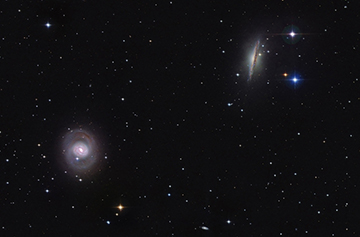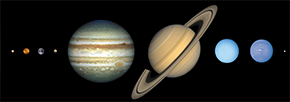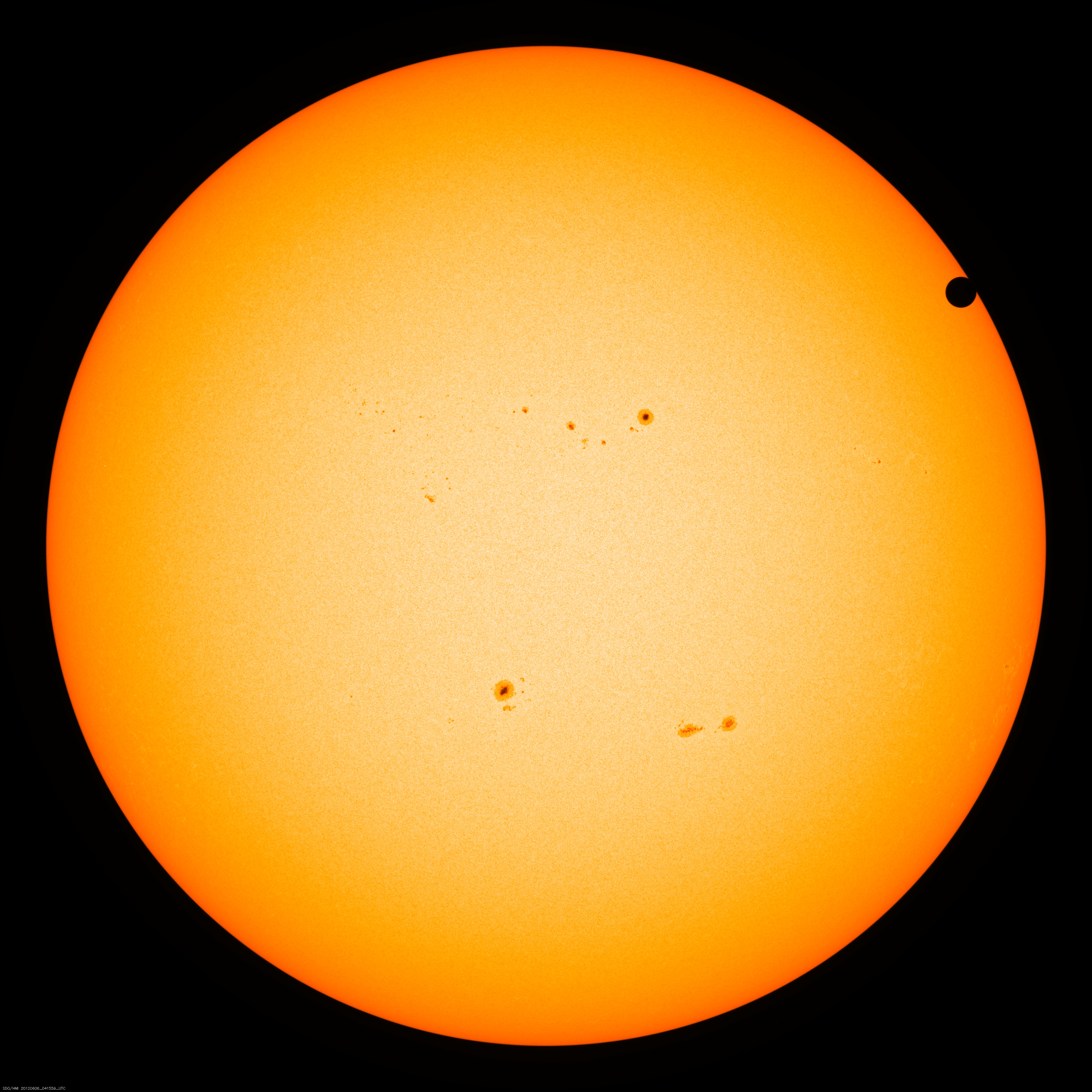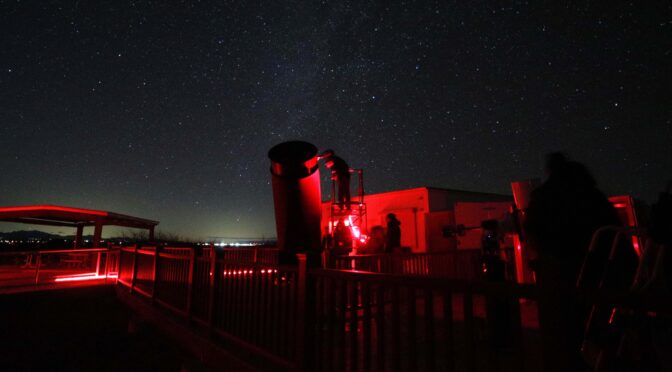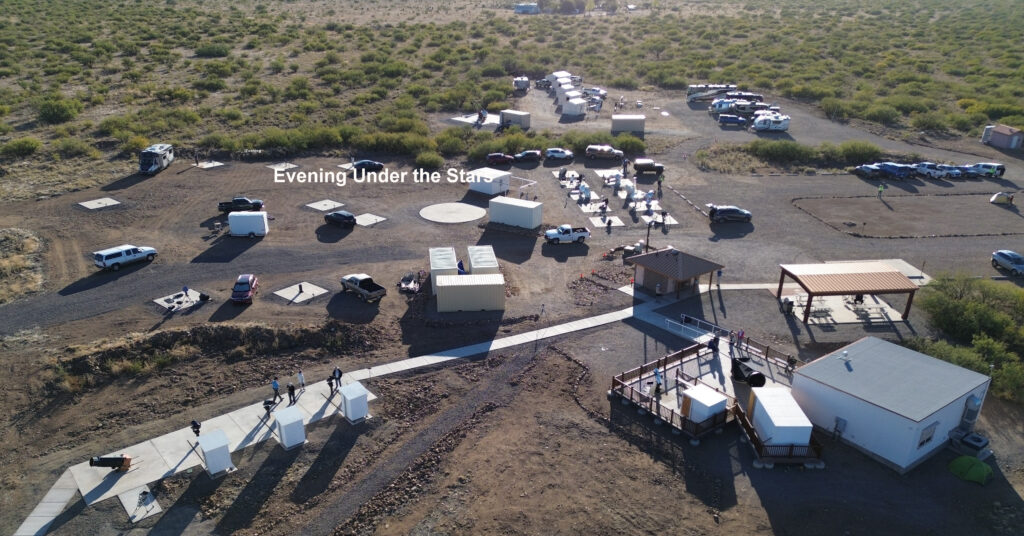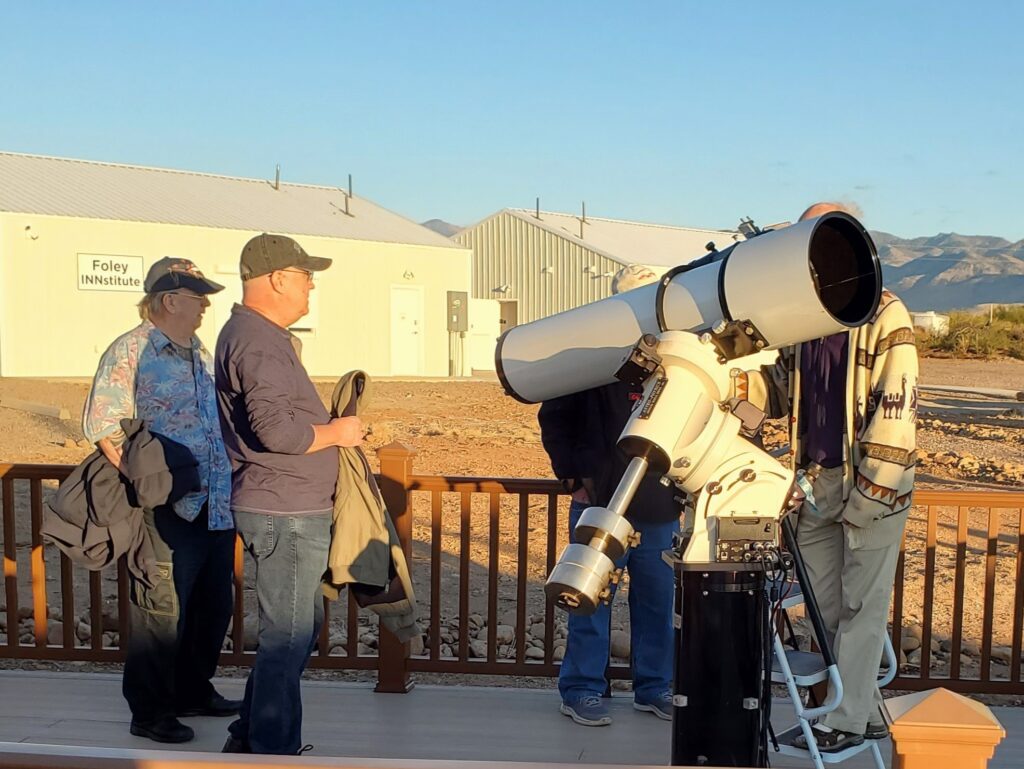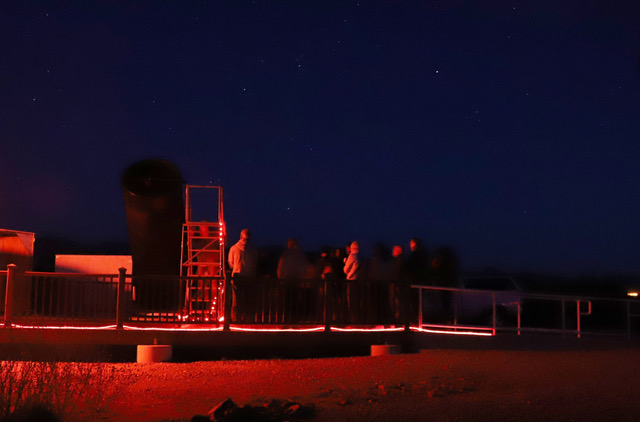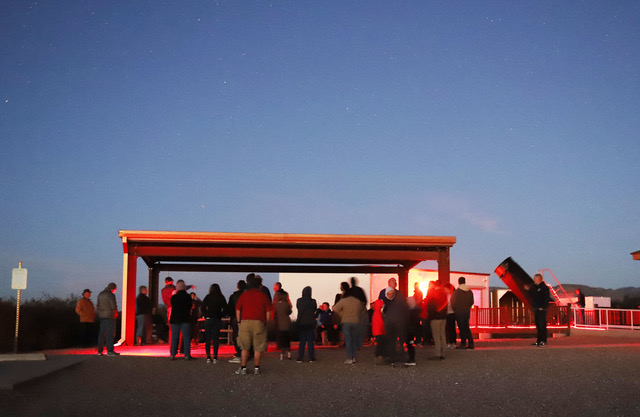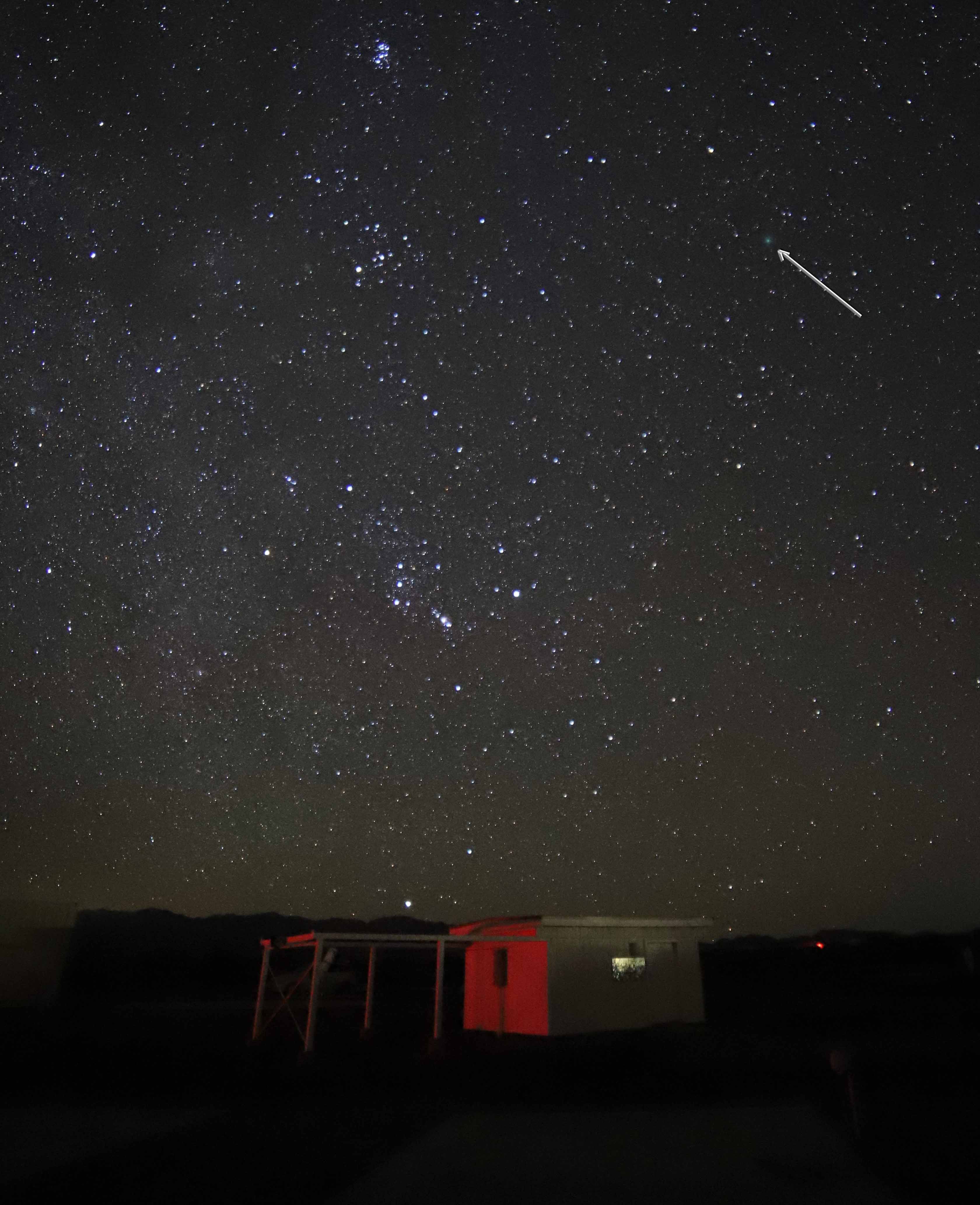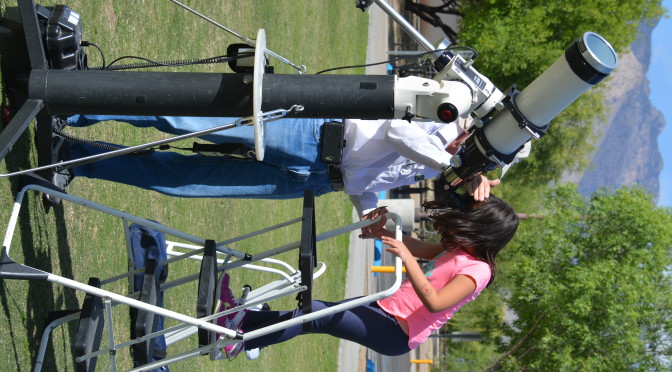If you have family in town for the Holidays, whether you are a TAAA member or not, and want to participate in a telescope observing session at our Chiricahua Astronomy Complex (CAC), we are offering a two-hour observing session for a nominal fee per person. This is a perfect way to show family & visitors our dark skies and great astronomy conditions. The fee for the session is $50/adult and $25/youth under age 16.
We will be observing several planets to include Saturn and Jupiter, Galaxies millions of light years away, multiple star systems with stars orbiting around each other, star clusters, nebulae, and much more.
Observing will be Monday December 18, 2023 from 6 – 8 pm. To reserve, please make a reservation using the form at: https://tucsonastronomy.org/tsa-at-our-dark-site/ and input the December 18th date in the “Requested Date” field. We will send you an invoice to pay the required fee (fully refundable if you cancel at least 48 hours in advance or if we have weather issues the evening of the event).
Chiricahua Astronomy Complex Address: 9315 E Perseus Way, Pearce, AZ (about 1.5 to 2 hours SE of Tucson near the Chiricahua Mountains). More information on CAC is available at: https://tucsonastronomy.org/taaa-member-resources/observing-sites/chiricahua-astronomy-complex/
For any questions, email the CAC Director at: cac-director[at]tucsonastronomy.org.


